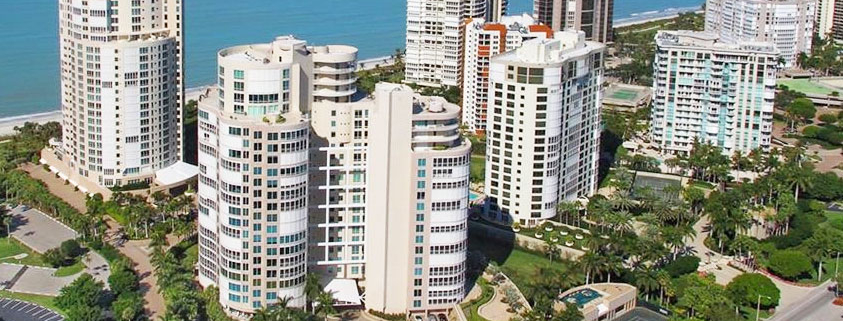Older high-rise condos, co-ops must vote to opt out or install fire sprinklers
Typically this time of year I report on all the new laws the Florida Legislature adopted in this year’s session that affect condominium, co-ops and homeowners associations. However, any bills that would have had major direct effects on the operation of community associations died in committees, so there is not much new to report.
One major fallout of the quiet session was the lack of any new bill extending the ability of associations to take a membership opt-out vote to avoid having to install expensive fire sprinklers in high-rise residences. In the past, every few years the Legislature amended the applicable statute which extended the opt-out vote since 2002. The last amendment was in 2010 wherein Section 718.112(2)(l), Florida Statutes now reads:
“Notwithstanding Chapter 633 or of any other code, statute, ordinance, administrative rule, or regulation, or any interpretation of the foregoing, an association, residential condominium, or unit owner is not obligated to retrofit the common elements, association property, or unit owner is not obligated to retrofit the common elements, association property, or units of a residential condominium with a fire sprinkler system in a building that has been certified for occupancy by the applicable governmental entity if the unit owners have voted to forego such retrofitting by the affirmative vote of a majority of all voting interests in the affected condominium. The local authority having jurisdiction may not require completion of retrofitting with a fire sprinkler system before January 1, 2020. By December 31, 2016, a residential condominium association that is not in compliance with the requirements for a fire sprinkler system and has not voted to forego retrofitting of such a system must initiate an application for a building permit for the required installation with the local government having jurisdiction demonstrating that the association will become compliant by December 31, 2019.”
Section 553.895, Florida Statutes, entitled “Fire Safety” is the statute that determines which buildings are considered high-rises that will need to either take a vote to opt-out or to pull a building permit to install sprinklers. Although the wording in the statute is confusing, we believe it says that if the construction contract for the building was let after Sept. 30,1983, buildings three stories or higher with interior corridors, or buildings over 75 feet in height with exterior corridors, will need to have sprinklers installed throughout the building and in the units unless an opt-out vote has been taken. If the construction contract for the building was let after Jan. 1, 1994 and the building is three stories or higher, sprinklers must be installed unless an opt-out vote is taken. It appears then that one- and two-story condominium and co-op buildings are in the clear and need not be concerned about this issue or taking an opt-out vote.
So if your high-rise condominium or co-op building does not have fire sprinklers in the units and the common areas of the building, your association will need to take the op-out vote before the end of this year or face the wrath of your local fire department, who will require you to install sprinklers, a very expensive venture. We suggest that the membership vote opt-out be taken sometime this fall.
This sprinkler requirement statute appears to have been originally pushed through the Legislature by those special interests whose business is to install fire sprinkler systems, which must be a very lucrative business. Over the years some folks representing condominiums and co-ops fought back by getting the Legislature to extend the deadline to add sprinklers or opt-out. It looks like this year the ones who always got another extension may have either dropped the ball or could not find a passable bill to latch another opt-out extension onto.

